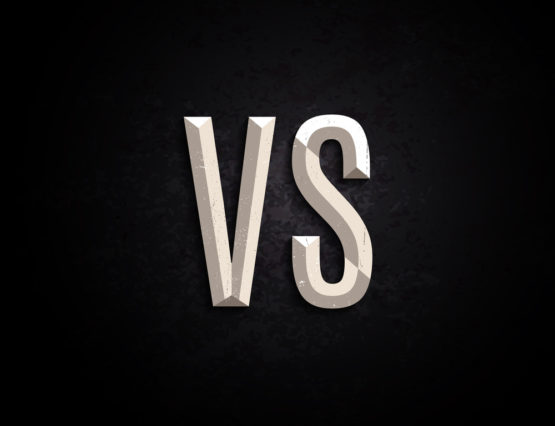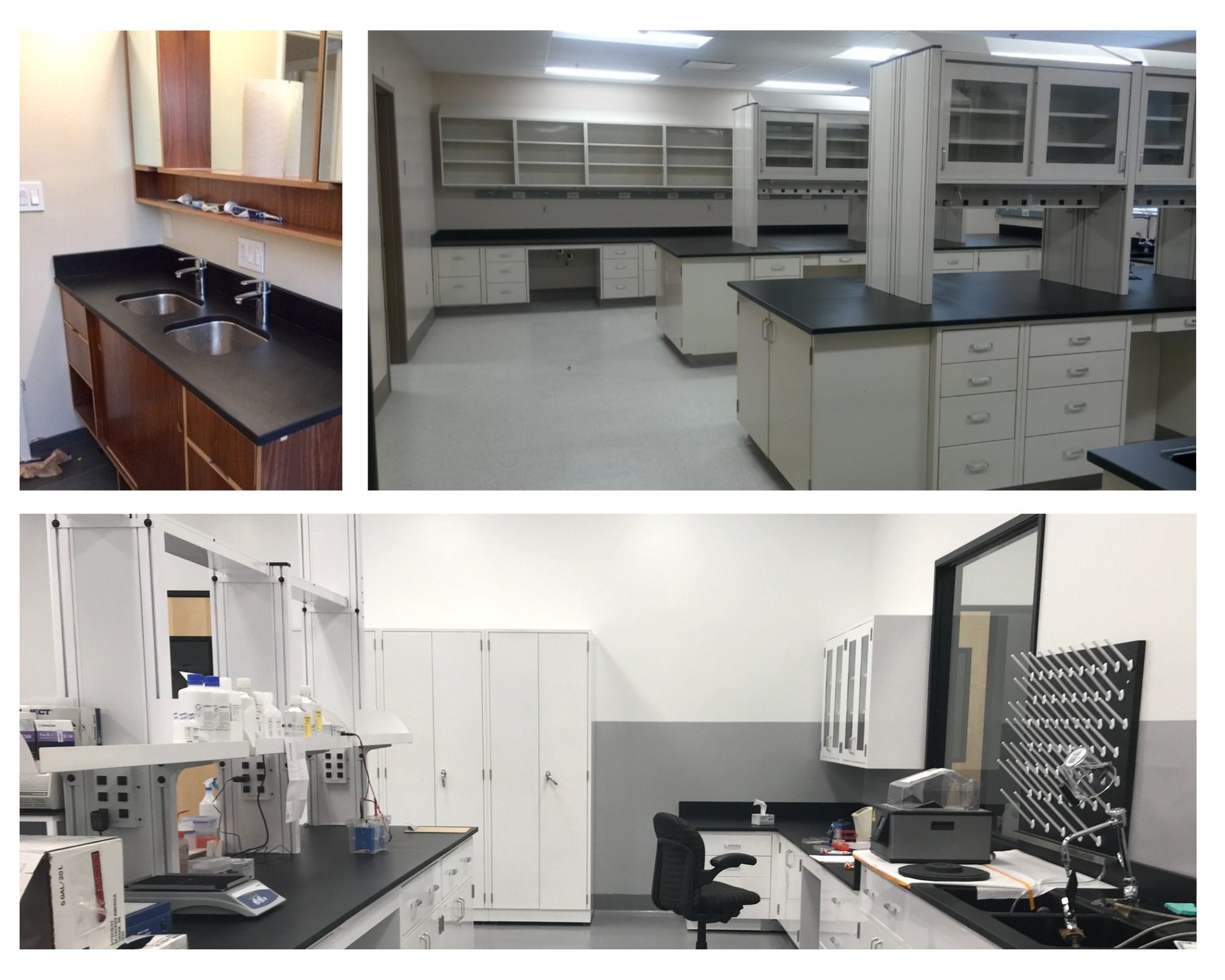If your laboratory features precision instruments, one way to ensure the accuracy of measurement is to have a high quality laboratory balance table. The right anti-vibration balance table provides reassurance that your sensitive laboratory instruments are performing optimally. As with most other types of lab furniture, it is important to consider the specific needs of your lab and the people working in it when you make your selection. Here, we will look at two anti-vibration balance table types- marble and epoxy resin.
Which Table Has the Most Anti Vibration?
Aside from having a very aesthetically pleasing finish, marble has some advantages when it comes to use in the lab. The main advantage is that marble tables are the most anti-vibration table for balance available. Part of this is due to the sturdiness of marble.
The main advantage is that marble tables are the most anti-vibration table for balance available. Part of this is due to the sturdiness of marble.
Our balance tables are made of especially thick marble- the surface and legs are three inches thick, and legs are steel-reinforced.
The marble laboratory balance table is designed to not only stop the table itself from vibrating, but to also suppress vibration in the floor. This means that precision instruments are less likely to be impacted by extraneous movement. While any high-quality balance table will help ensure more accurate readings from your instruments, those with the budgetary freedom to purchase a marble table may see more accurate readings.
Would It Be Cheaper to Build My Own Balance Table?
Furnishing your laboratory can become both complicated and expensive. Particularly if you are someone who is short on funds, you may wonder if it would be cheaper to build your own balance table. The answer to this question depends on your level of experience- if you are already an expert at building lab furniture, this may be feasible. However, if you do not have experience doing so, you run the risk of making a table that actually compromises your instrument readings.
If this happens, you likely will end up paying more for a laboratory balance table than if you had purchased one at the outset. If you build your own anti-vibration table for balance and it ends up having issues, you would then have needed to cover the cost of building materials, the balance table cost to cover a professionally-made table, and then the potential costs of inaccurate lab instrument readings. In short, it’s best to just purchase an epoxy or marble laboratory balance table from a reputable manufacturer.
How Difficult Is it to Install the Marble Balance Table Vs the Epoxy Resin One?
Since furnishing your own lab usually involves getting together everything from pegboards to chairs and arranging it in your workspace, ease of installation may well be a primary consideration. When you are considering which type of balance table to get, however, it’s important to realize that the ease of installation for each type of table is approximately the same. All quality balance tables are heavy to reduce vibration, but marble tables tend to be heavier and may therefore be slightly more difficult to install.
Which Table Is the Most Budget Friendly Balance Table?
Because marble tables are generally seen as the most effective at reducing vibration, the balance table cost of epoxy resin tables is often slightly less. However, epoxy resin tables are still very effective at protecting sensitive instruments from the effects of vibration in the lab. And materials aren’t the only thing influencing cost- size, shape, countertop thickness, and other variables also have an effect.
In short, balance tables are some of the most important pieces of lab furniture you will need, and there are several things to consider when choosing one. If you find yourself in need of advice or guidance, the experts at Lab Tech are ready to answer your questions and help you choose the best table for your laboratory needs.
CLICK HERE AND GET A FREE QUOTE >
Frequently Asked Questions
Which is better, resin or marble?
Both marble and resin balance tables have their advantages. Marble is considered the best anti-vibration table and sturdy option, providing accurate readings for precision instruments. Resin tables are also effective at reducing vibration and are generally more budget-friendly.
Is resin of good quality?
Yes, resin can be of good quality, especially when it is produced using high-quality materials and proper manufacturing processes. The quality of resin can vary depending on its intended purpose and the specific brand or manufacturer.
Is resin material long-lasting?
Resin can be durable and long-lasting, but its longevity depends on factors such as the quality of the resin, its application, and the maintenance provided. Proper care and maintenance, such as regular cleaning and avoiding harsh chemicals, can help prolong the lifespan of resin materials.
Which marble is best for a table?
When choosing marble for a table, it’s important to consider factors such as durability, aesthetics, and personal preference. Popular choices for marble tables include Carrara marble, Calacatta marble, and Statuario marble, each with its own unique appearance and characteristics.
How durable is a marble table?
Marble tables are known for their durability and sturdiness. With proper care, they can last for many years. However, marble is a natural stone and can be susceptible to scratching, staining, and chipping if not handled or maintained correctly.
How can you tell if a table is a real marble?
There are a few ways to determine if a table is made of real marble. One method is to examine the surface for natural veining and patterns that are typical of marble. Additionally, you can perform a simple acid test by applying a small amount of diluted vinegar or lemon juice on an inconspicuous area. If the table is real marble, it will react and show signs of etching or discoloration.


